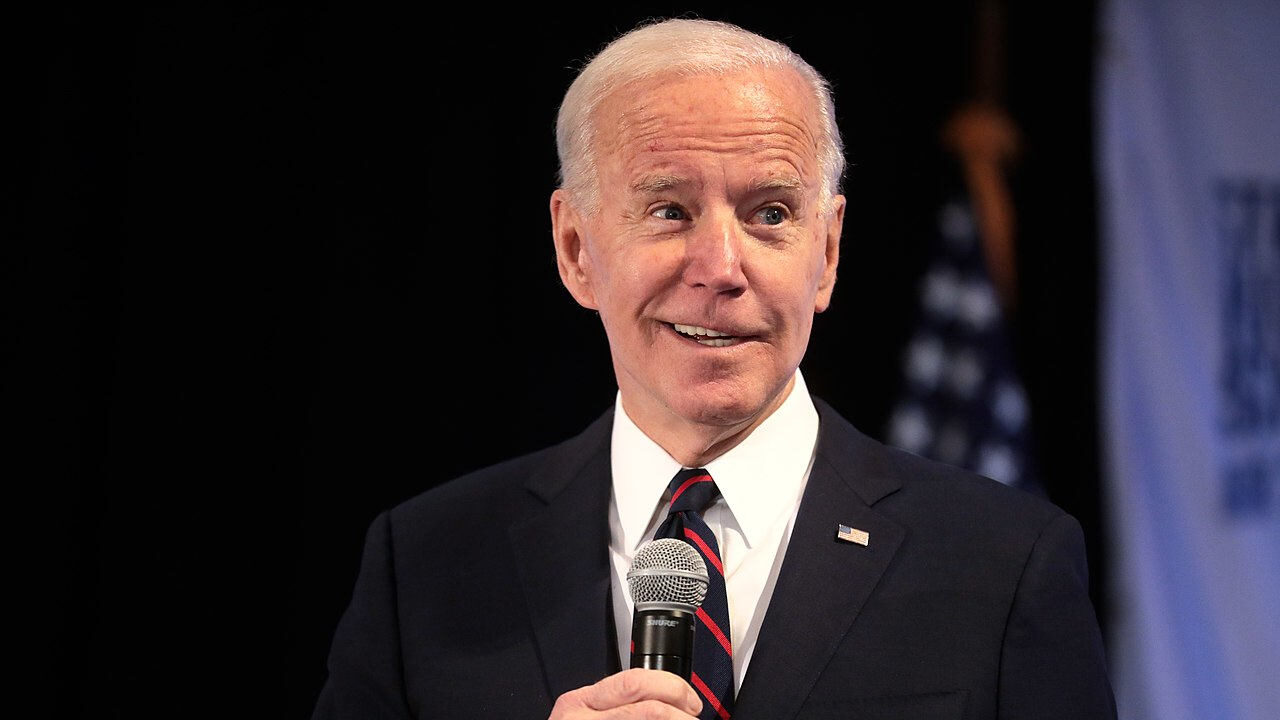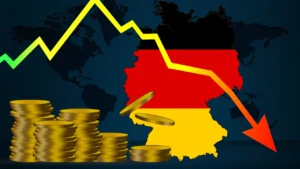
Biden is considering changing the Senate bylaws to avoid US bankruptcy
To circumvent the possibility of obstruction by the Republicans, President Joe Biden indicated that the Democrats were considering changing the Senate bylaws. This will allow legislation to be adopted swiftly and avoid what would be devastating credit defaults.
The president’s surprising comments come as the Senate is embroiled in a fiscally dangerous voting dispute that is necessary to suspend the country’s debt limit and allow the federal government to continue borrowing funds. Congress only has a few days to act before the October 18 deadline. Then, according to a warning from the Treasury Department, the federal government will run out of funds to service the country’s debt.
All Democrats have to agree to change
Biden has resisted any changes to the obstruction rules on other issues, but his recent comments indicated that the situation was tense and precarious. Removal of the obstruction rule would lower the 60-vote threshold to 50, typical for these cases. In a semi-Senate, Vice-President Kamala Harris could then break the tie and win the Democrats.
The issue was raised at a meeting of Democratic Party senators who are increasingly nervous about the position of Republican leader Mitch McConnell who refuses to agree to a mere vote on a debt limit. Instead, McConnell forces Democrats to take action that could take up to several weeks. That’s when the idea of changing the rules came up, but it seems unlikely as all Democrat senators would have to back it up.
The United States in the face of the crisis
Raising the debt ceiling was once a routine affair, but over the past decade, it has become a political battleground, mainly used by Republicans to criticize government spending and growing debt, now amounting to $ 28 trillion. However, both parties contributed to the debt, and US citizens have been living with a budget deficit for decades.
The debt limit dispute that started a few weeks ago is now entering more serious territory as senators risk defaulting the federal government without a deal. This could trigger a massive fiscal crisis, affecting the government and financial markets and the ordinary economy and the lives of the US population.



























